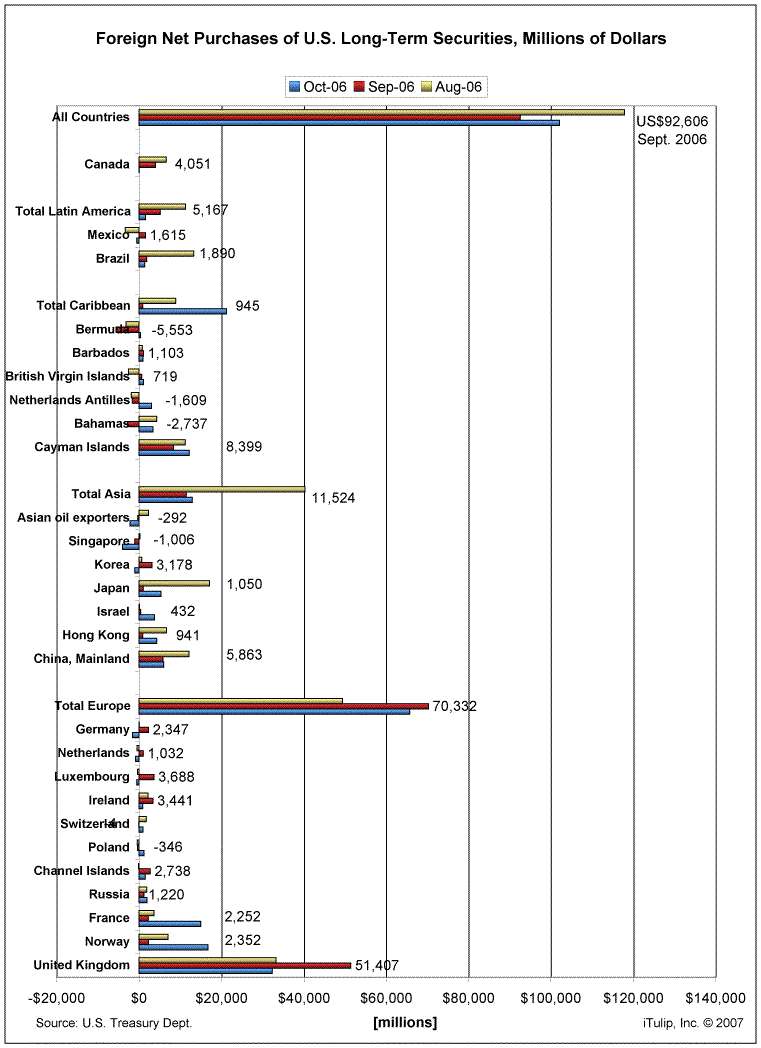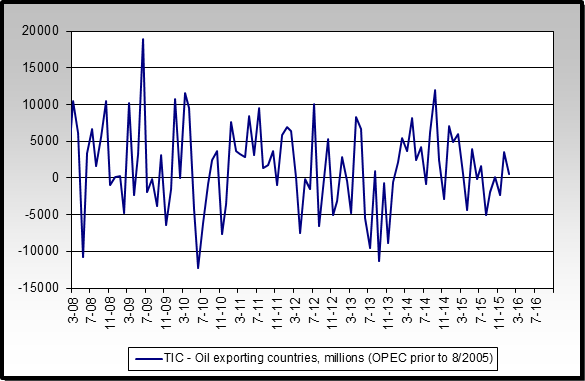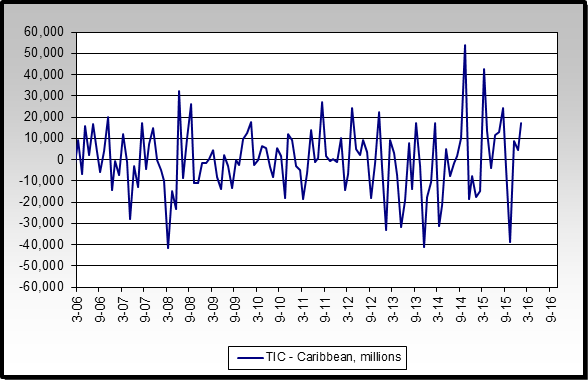if this rationalization below is too intellectual to be believed by "the masses"[*], how else could CBs sell the decline - what justification could they use, in fact, to acquire MORE US dollar reserves?
"the Chinese/British/European assets we can lay claim to are reduced because of the US dollar decline,
BUT
there has been no reduction in the US dollar denominated assets that our US dollars can buy - we still own the same amount of the US as we did yesterday "
I have the feeling that we all on this board are simply assuming the foreign CBs would do the simplest, most straightforward thing the foreign CBs could do - stampede out of dollars - IMHO we should consider the alternatives.
(all else remains constant - no severe inflation, no monetary derivatives collapse, etc ...)
[*] would the CBs even care what "the masses" think? That is to say, would they need any spin or justification at all to accumulate even more US dollars?
"the Chinese/British/European assets we can lay claim to are reduced because of the US dollar decline,
BUT
there has been no reduction in the US dollar denominated assets that our US dollars can buy - we still own the same amount of the US as we did yesterday "
I have the feeling that we all on this board are simply assuming the foreign CBs would do the simplest, most straightforward thing the foreign CBs could do - stampede out of dollars - IMHO we should consider the alternatives.
(all else remains constant - no severe inflation, no monetary derivatives collapse, etc ...)
[*] would the CBs even care what "the masses" think? That is to say, would they need any spin or justification at all to accumulate even more US dollars?



(from_La_Caixa_bank).png)
Comment